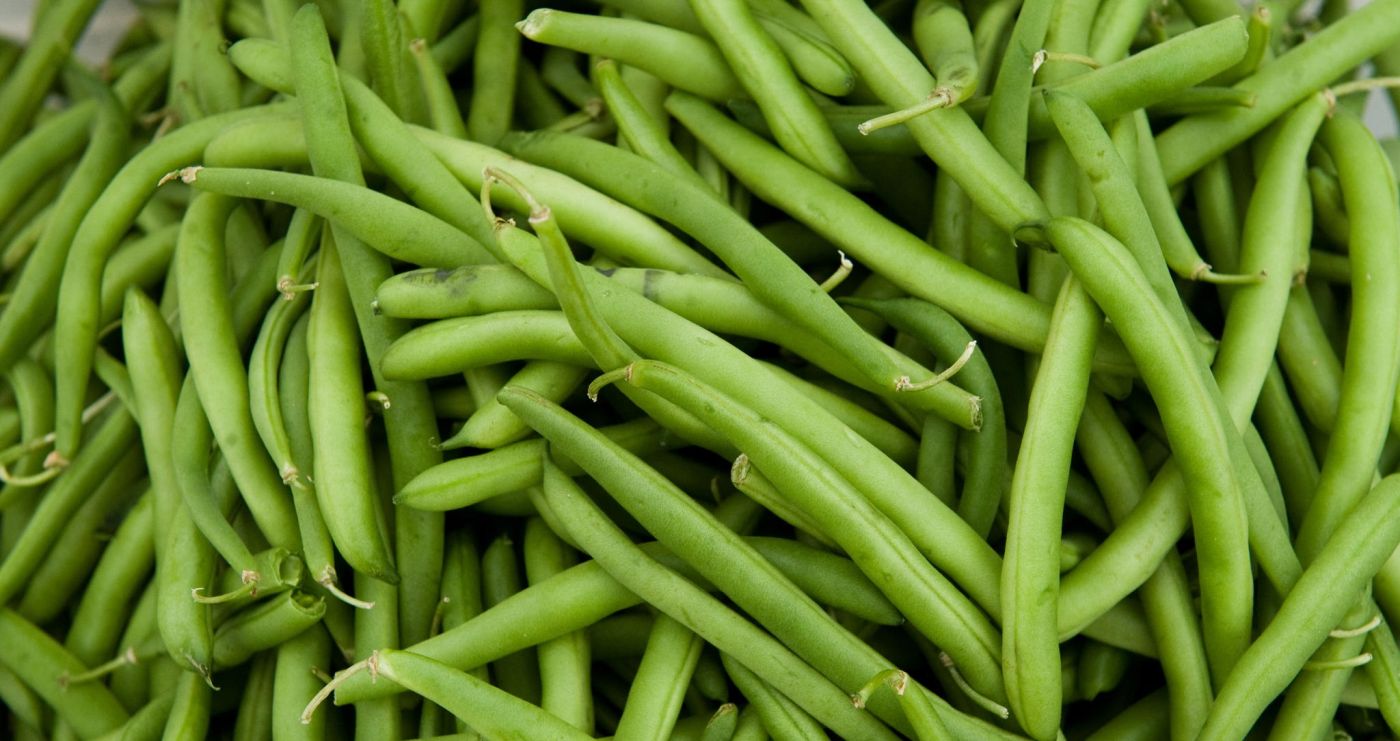
A new partnership between Tesco and Kenyan produce growers will save 135 tonnes of edible fine bean crop from going to waste each year.
Until recently, growers were required to deliver fine beans within a specific size range and to trim them before being packed and shipped to the UK.
This move was originally made as a convenience measure to help customers, but after listening to them Tesco found customers prefer the beans uncut.
As part of an ongoing review of its food sourcing policy, Tesco has widened the length specifications and stopped the trimming procedure, resulting in the huge waste saving.
The new length specifications will also mean customers will be able to benefit from a fresher, uncut product, meaning less food waste in the home.
Use as much of the crop as possible
Tesco Commercial Director for Fresh Food Matt Simister said: "We have listened to our customers who have told us that they want great tasting, quality fresh produce over uniformed sizing.
"This new partnership with our growers in Kenya is a great example of how we are delivering on that promise to customers while also ensuring we prevent food that could be eaten, going to waste.
"Our overall aim is to use as much of the edible crop as possible. In some cases, we believe that our specifications - such as with the fine beans - can be widened to accommodate more of the crop.
"If there is a surplus, we will work with suppliers to find an outlet – for example, by connecting our growers with our fresh and frozen suppliers for it to be used in foods such as ready meals."
The opportunity to provide customers with a fresher, uncut product was identified by Tesco’s ‘Agricultural Hubs’ and the supermarket’s suppliers, Flamingo Produce.
The ‘Agricultural Hubs’, have been set up by Tesco in different parts of the world including Spain, France, Chile, Peru, Costa Rica and South Africa.
They are staffed by trained agronomists and act as Tesco’s eyes and ears on the ground, providing insight on levels and causes of farm waste.
As a result of the new measures being adopted, 15 per cent of the bean will no longer go to waste.
Growing and harvesting what is required
Matt Simister added: "We’ve also improved how we forecast and order to help producers cut down on waste by only growing and harvesting what is required.
"In the case of Kenyan fine bean growers we have overhauled the ordering process. This means the beans can be sent straight to our distribution centres, cutting time out of the supply chain and providing customers with a fresher product."
Last month Tesco also launched its ‘Perfectly Imperfect’ range. The range sees the supermarket now selling produce which traditionally fell outside its size specifications.
The first products introduced are parsnips, potatoes, strawberries and apples and Tesco aims to extend the range to between 15 and 20 seasonal lines throughout the year, taking into account crop flushes.
